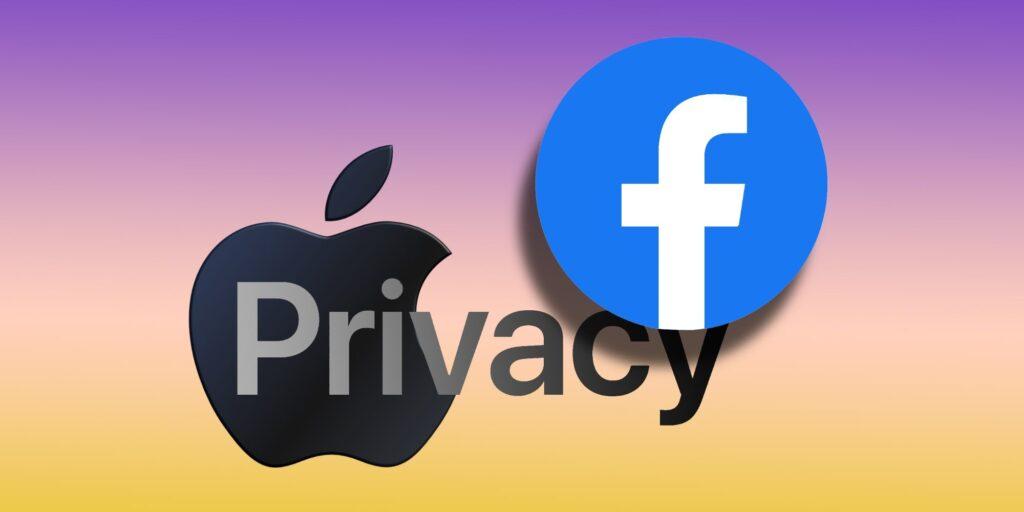iOS 14 crosses a line – into the DMZ

Apple’s WorldWide Developer Conference (WWDC) in June 2020 had, for the very first time, a separate section and presentation dedicated to Privacy. Apple has been a leading proponent on privacy among the software and technology behemoths, and it upped the ante one more time with this year’s announcements.
It’s no secret that in the last few years, Apple has pooh-poohed the business practices of Google, Facebook, and other companies that rely on advertisement-based business models. Ad-based businesses are predicated on gathering reams of data about a user to target tailored ads. It’s a model that progressively encroaches on people’s (users, customers, consumers) privacy.
For years, Apple has been content to tout itself as the bastion of user’s data built on strong privacy practices. Within the industry, its approach has been to ‘lead by example.’
But now, Apple has decided to flex its clout within user communities and the industry to educate consumers to the extent their data is being abused outside the Apple ecosystem. In effect, it has trained its guns on the ‘free,’ or consumer-data supported business models, of the advertising industry.
Apple’s earlier stance – Safe within the Fence
Apple CEO Tim Cook had created an aura of elitism among Apple’s users when he said, “You are not our product. Our products are iPhones and iPads.” He added that if you use Apple’s competitors’ (think Google) free online services, “You are the product.”.
Apple has been content with stating that its products store user data with the highest regard for privacy. The company utilizes the highest security practices and does not share or sell such data that is entrusted to it by privacy-conscious users.
Essentially, Apple has said that you, as its customer, are safe when you are within Apple’s ecosystem and using Apple’s products.
Crossing the DMZ – Safer outside the Fence
Things have changed. And this one picture from the Apple WWDC 2020 says it all.

Starting in iOS 14, 3rd party companies that have apps running on Apple devices have to let users know whether they are tracking the user’s data across apps and websites outside of Apple’s fences.
It will be interesting to note how many Apple customers accessing YouTube, or Google Maps will stop, or at least pause, using those apps after being presented with a similar screen notification.
Apple is well-known for enforcing a code-of-conduct on apps seeking approval via the App Store. It is not clear whether Apple will wield any additional ramifications other than rejecting apps from the App Store.
While not exactly ‘safe’, Apple users will be a little safer knowing how other apps are tracking them.
Data Privacy “Nutrition Labels”
And there is more in the WWDC’s Privacy section. Tim Cook talked of a data privacy label, similar to a nutritional label on packaged foods, for apps and their extensions.
From iOS 14, apps will provide the user information on what data the app is linking and/or tracking, seek explicit user approval for each of the items.

What does it mean?
For Apple
For years, Tim Cook has explicitly said that Apple will not exploit Customer data. He has gone as far as to say, “We treasure your data. We wanna help you keep it private and keep it safe.”
Now Apple, with its announcement, is stating it will protect its Customer both inside and outside of Apple’s ecosystem by:
- Forcing companies with iOS apps to tell the Customer what data they are linking and/or tracking about them, and
- Forcing other companies to inform the Customer when they are tracking the Customer across the Internet to gather data.
In essence, Apple has shifted its stance in the data privacy battle from conscientious objector to community activist.
For ad-based business model companies (Google, Facebook, et al.)
Companies that rely on targeted advertisements have their entire business model built upon gleaning user data, behavior, and intent to successfully target the right ad to the right user at the right time.
For these companies, there is a clear line between Users and Customers. They collect User data to sell to their Customers, the ad agencies and those who want to sell advertisements.
For Customers/Users
Each of us, global citizens in the middle of this 21st century technology revolution, possess a valuable commodity – our personal data, our preferences, our friends and our intent.
And like indigenous peoples throughout history, colonizers have arrived and offered a trade. In this case, we’ve been given access to incredible online tools and services for free in exchange for our personal data.
Is the trade fair? Are the people being exploited? Is there a viable choice?
Verdict on iOS 14 Data Tracking
It might seem that Apple is over-reaching, flexing its muscle to impact other company’s fundamental business models.
Initially, Apple appears to be advocating for consumers to be given information about how their User data is collected, the first step in making informed decisions.
However, the current social environment, particularly in the EU with GDPR and California with CCPA, allows Apple to double-down on the social benefits of Privacy while using it as ammunition to fight competitors in the mobile and device space (Google’s Android, Facebook’s Portal and Oculus headsets, Amazon Echo,…)
It’s hard to argue against a better informed global citizen. As they say, knowledge is power, and knowing how and where your data is collected is an essential first step.
Will informed consumers choose to be Users, and trade their information for access to ‘free’ services? Or will they choose to stop using services because the ‘cost’ is too high? Will a third model emerge where consumers become paid Customers of services in exchange for rigorous data privacy?
Ultimately, it will be the Consumers vs Users that will decide this battle choosing to vote with their wallets or with their private data.